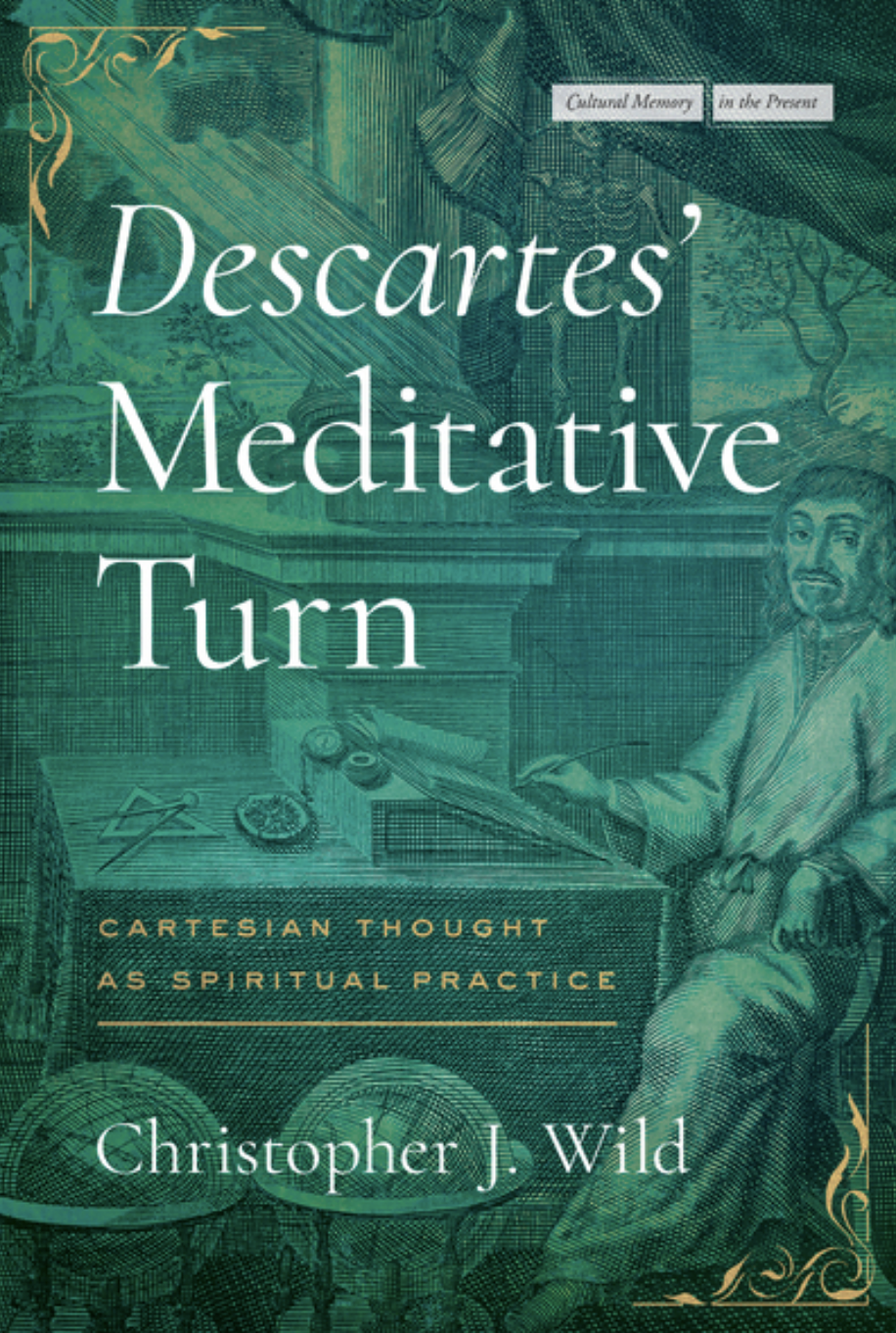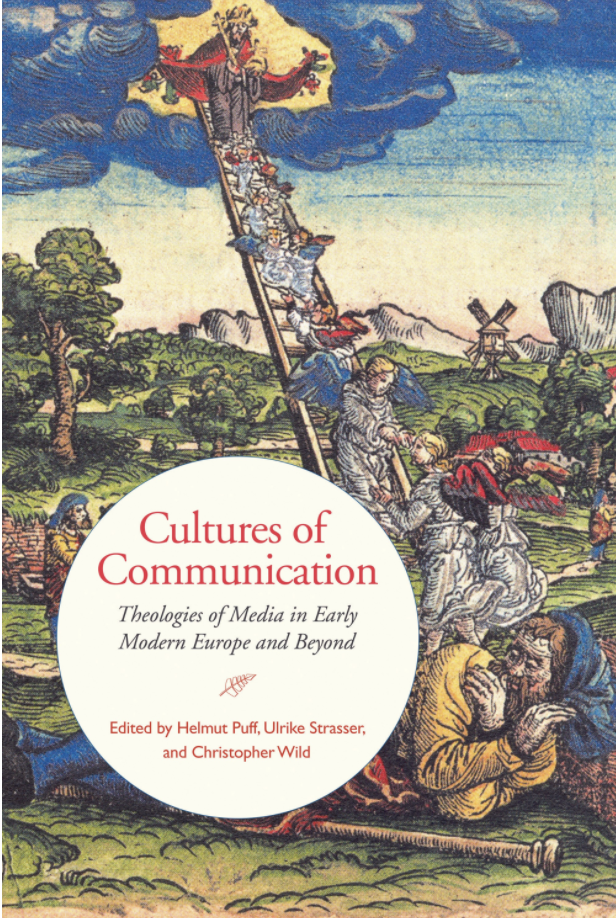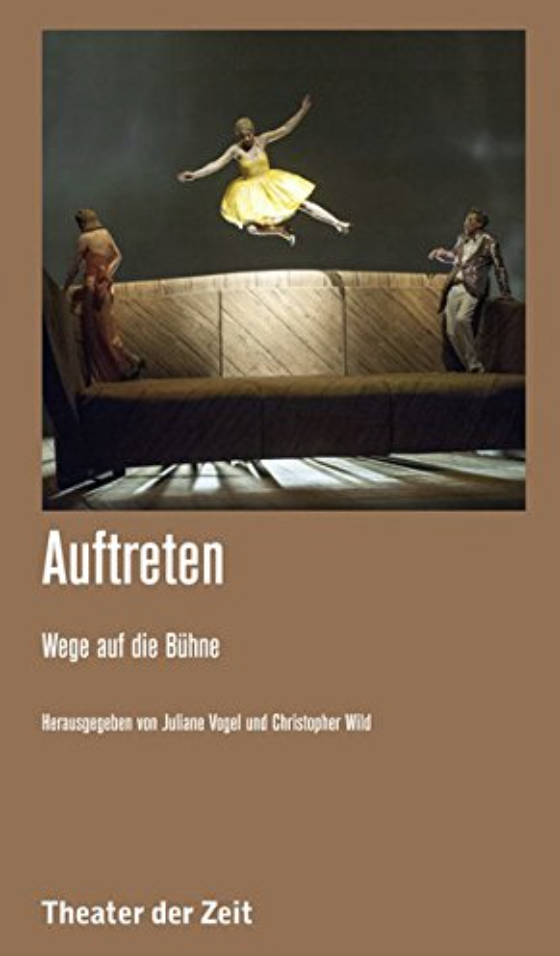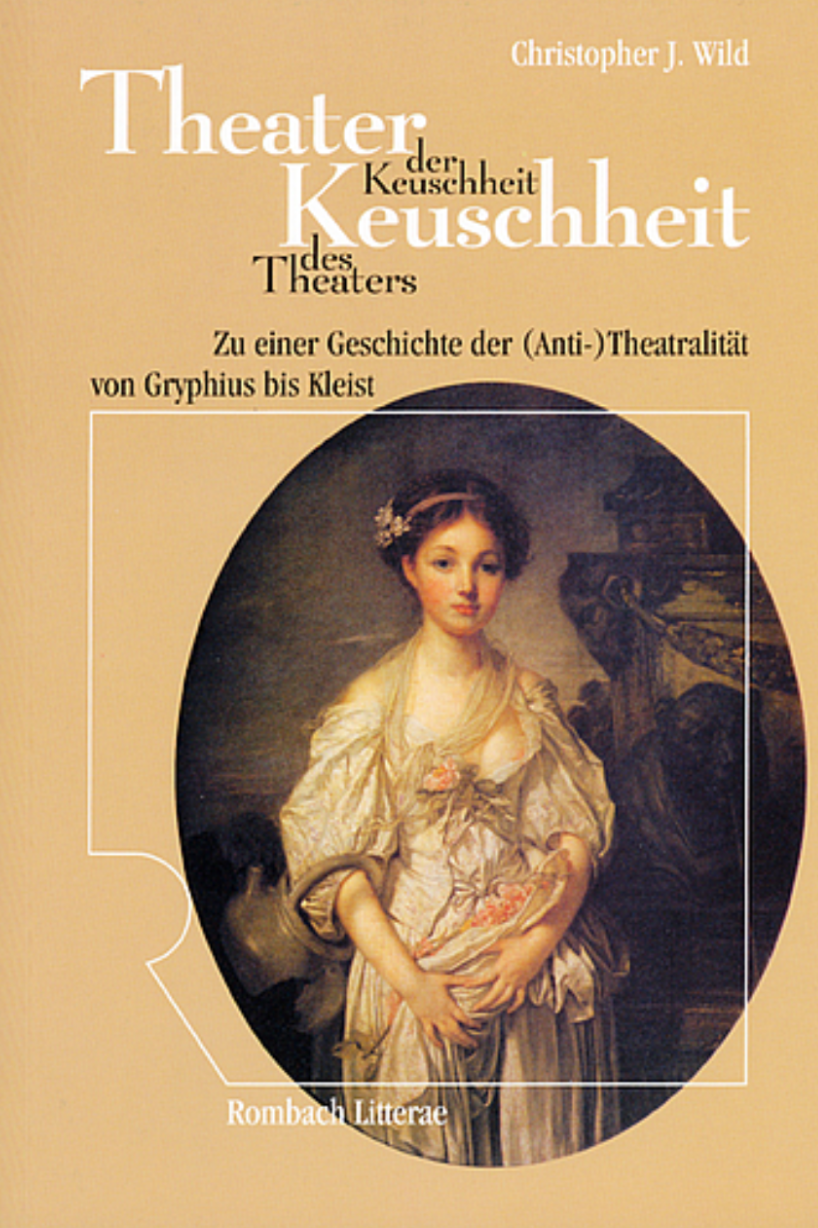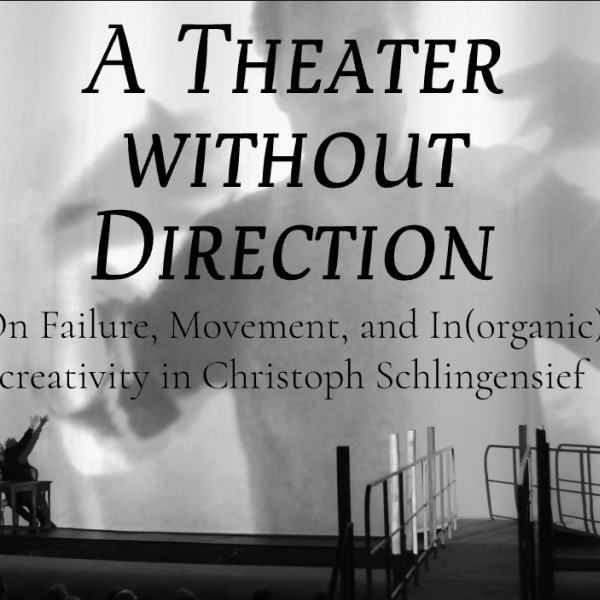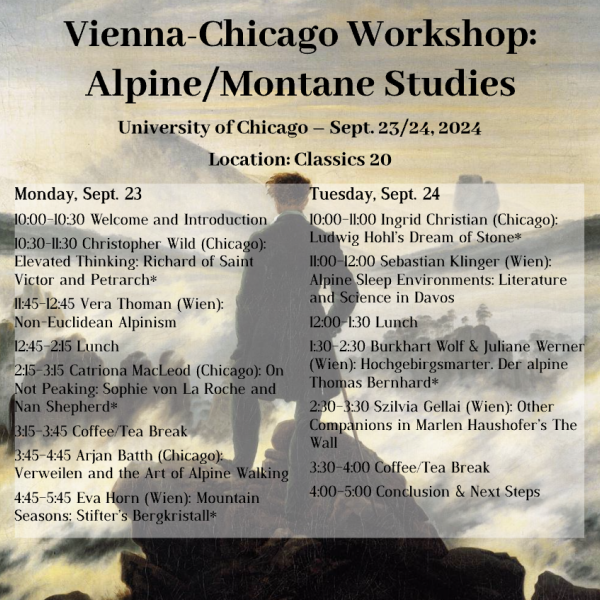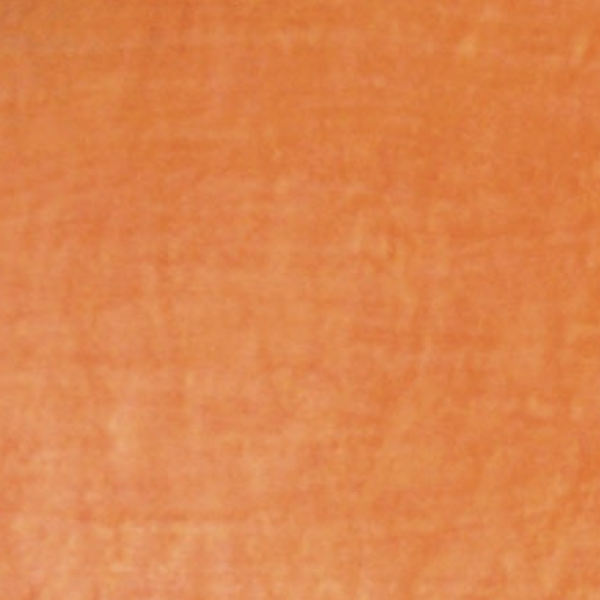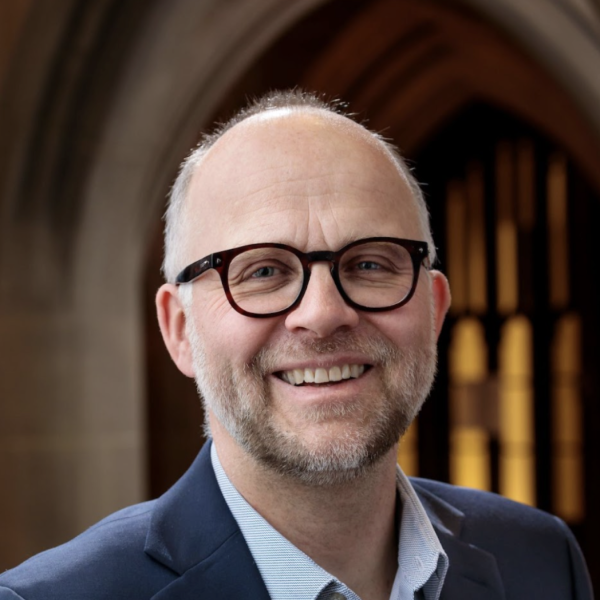
My work is situated at the intersection of literature, theater history, philosophy, and religious thought. My research has two distinct and at times overlapping focal points: one the one hand, the role and impact of religious thought and practice in processes and phenomena considered genuinely modern and secular; and on the other hand, the mediality and formal semantics of European and German theater from its beginning in ancient Greece through Modernism.
Academic Bio
Before I joined Department of Germanic Studies at the University of Chicago in 2008 I taught at the UNC-Chapel Hill (1997-2004) and a UCLA (2006-08). In the intervening years I held a visiting professorship at the University of Konstanz. My experience at public universities has given me an appreciation for the complex mission of German departments and the importance of preparing our graduate students for a whole range of careers.
My first book Theater der Keuschheit - Keuschheit des Theaters. Zu einer Geschichte der (Anti-)Theatralität von Gryphius bis Kleist (Rombach: Freiburg, 2003), which traces the profound historical transformation of theatricality that takes place in German theater from the Baroque to Classicism, made me realize the profound impact, but often overlooked impact of religious thought on Enlightenment literature culture. For the Bourgeois theater reform of dramatists from Gottsched, Lessing, Schiller, and beyond, was the result of internalization of anti-theatrical sentiment; a sentiment harbored primarily by religious critics.
Thus, my past and current projects examine the ways in which theology and religion inform developments that are generally considered genuinely modern. My book Descartes’ Meditative Turn: Cartesian Thought as Spiritual Practice (Stanford University Press 2024) asks the seemingly simple questions why Descartes chose a title informed by a pre-dominantly religious genre and what implications this generic affiliation has for our understanding of the practice of his thought. And my next book examines how the reform of religious media launched by Martin Luther and others paved the way for modern media technologies and practices.
I have advised students who have worked on a wide array of topics such as the modernist grotesque; the emergence of modern lyrical paradigm; conversion and Bildung in Enlightenment culture and literature; the diathetics of literature in the 18th century; the dramaturgy of the imagination in Lessing and Kleist; anagnorisis and the aesthetics of Realism.
I have advised students who have worked on a wide array of topics such as the modernist grotesque; the emergence of modern lyrical paradigm; conversion and Bildung in Enlightenment culture and literature; the diathetics of literature in the 18th century; the dramaturgy of the imagination in Lessing and Kleist; anagnorisis and the aesthetics of Realism.
Courses Taught
Graduate Courses
Kleist’s Invisible Theater
Living On: Figuring Survival in Baroque Thought and Literature
Anagnorisis and the Cognitive Work of Theater
Hölderlin and the Greeks
The Phantasm of Laocoon
Aesthetics: Genealogy of a Discipline
Media (His-)Stories of the Bible
Allegory: Reading Figures
Nero: Tyranny and Theater
Word and Image in Early Modern Europe
Theater and Anti-Theatricality
Walter Benjamin and the Critique of Culture
Karl Philipp Moritz: Theology, Aesthetics, Literature
Allegories of Realism
Antitheatricality and Allegory: Wagner and Brecht
Meditation and the Culture of the Self
Genealogies of Media Theory
Conversion: Between Philosophy and Religion
Media and Theology
Theater and Tragedy in the (German) Baroque
Undergraduate Courses
Thinking Tragedy: Friedrich Nietzsche’s Geburt der Tragödie
Augustine’s Confessions
Enlightenment Fantasies
Monk-Calves and Dog-Heads, Troglodytes and Hermaphrodites. Monsters in Early Modern Cultures
Goethe’s Wahlverwandtschaften
Goethe’s Wilhelm Meisters Lehrjahre
The Picaresque Novel
Man and Machine
Mapping a (Post-)Modern Metropolis
Lecture Courses
Media illegitima: Eighteenth-Century Theater Reform
Media History of the Reformation
Fairy Tales and the Fantastic
Selected Publications
Descartes’ Meditative Turn: Cartesian Thought as Spiritual Practice, Stanford: Stanford University Press, 2024.
“Davonkommen: Aus Troja und anderswo,” in: Bettine Menke and Juliane Vogel (eds.), Flucht und Szene: Perspektiven und Formen eines Theaters der Fliehenden, Berlin: Theater der Zeit 2018, 98-117.
Cultures of Communication, Theologies of Media in Early Modern Europe and Beyond, co-edited with Ulrike Strasser and Helmut Puff, Toronto: University of Toronto Press 2017.
“Techne tes periagogeis: Conversion and the Art of Spiritual Navigation,” in: Werner Röcke, Ruth von Bernuth, and Julia Weitbrecht (eds.), Konversion als Medium der Selbstbeschreibung in Spätantike, Mittelalter und Früher Neuzeit, Berlin: De Gruyter 2015, 61–83.
“Royal Re-entries: Zum Auftritt in der griechischen Tragödie,” in: Anna Maria Matzke & Jens Roselt (eds.), Auftritte in Raum und Zeit: Strategien des In-Erscheinung-Tretens in den Künsten und Medien, Bielefeld: Transcript 2015, 33–61.
Auftreten: Wege auf die Bühne, co-edited with Juliane Vogel, Berlin: Theater der Zeit 2014.
“Enlightenment Aesthetics and the Eucharistic Sign: Lessing’s Laocoön,” in Lee Wandel Palmer (ed.), Brill Companion to the Eucharist in the Reformation, Leiden & Boston: Brill 2013, 489–508.
Theaterfeinlichkeit und Antitheatralität, co-edited with Stefanie Diekmann, München: Fink 2011.
Theater der Keuschheit - Keuschheit des Theaters. Zur Geschichte der (Anti-)Theatralität von Gryphius bis Kleist, Freiburg: Rombach litterae 2003.

